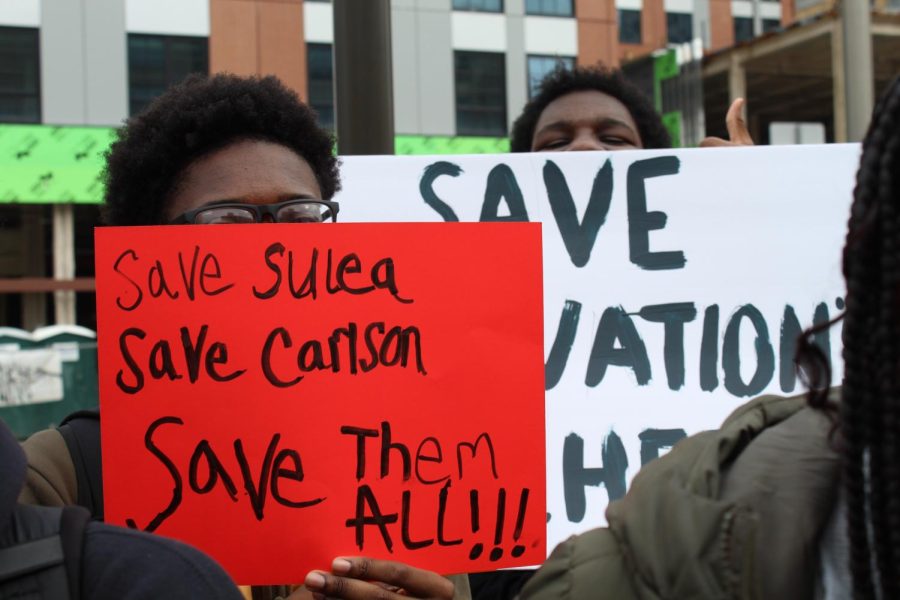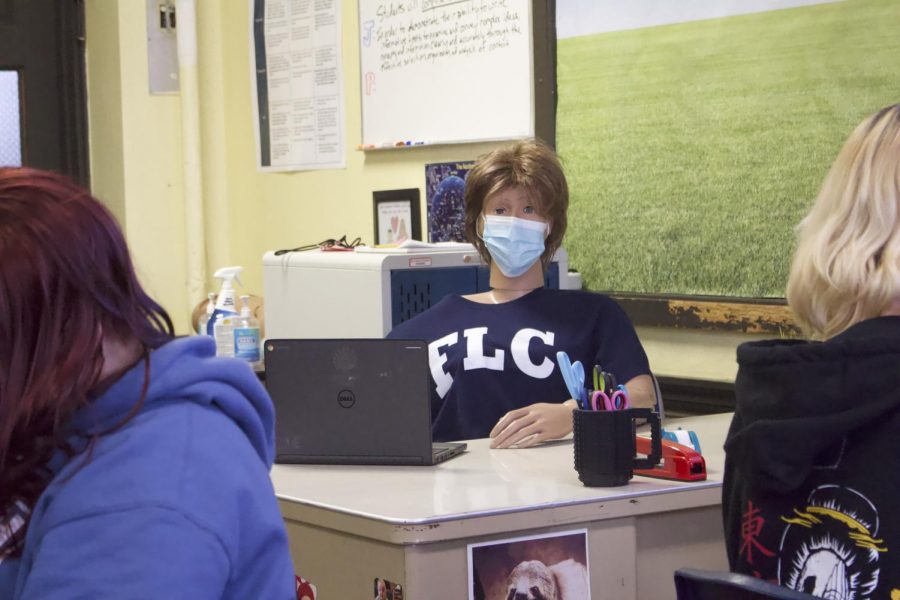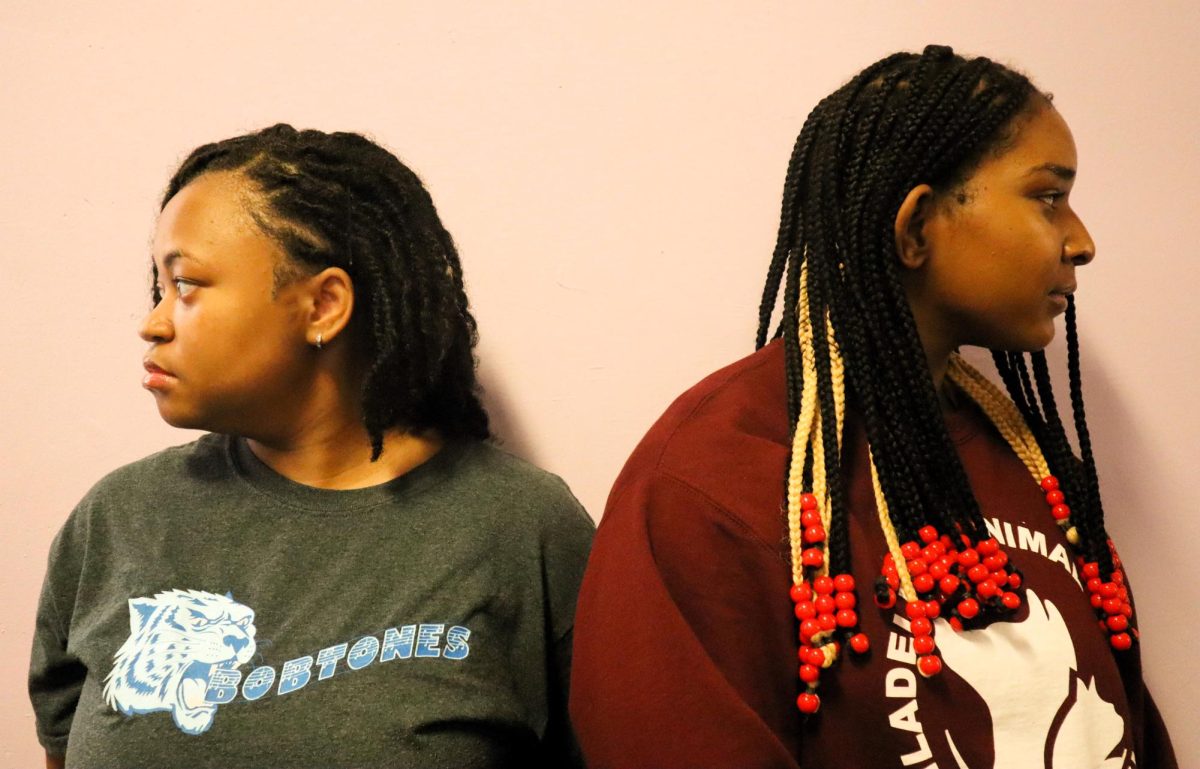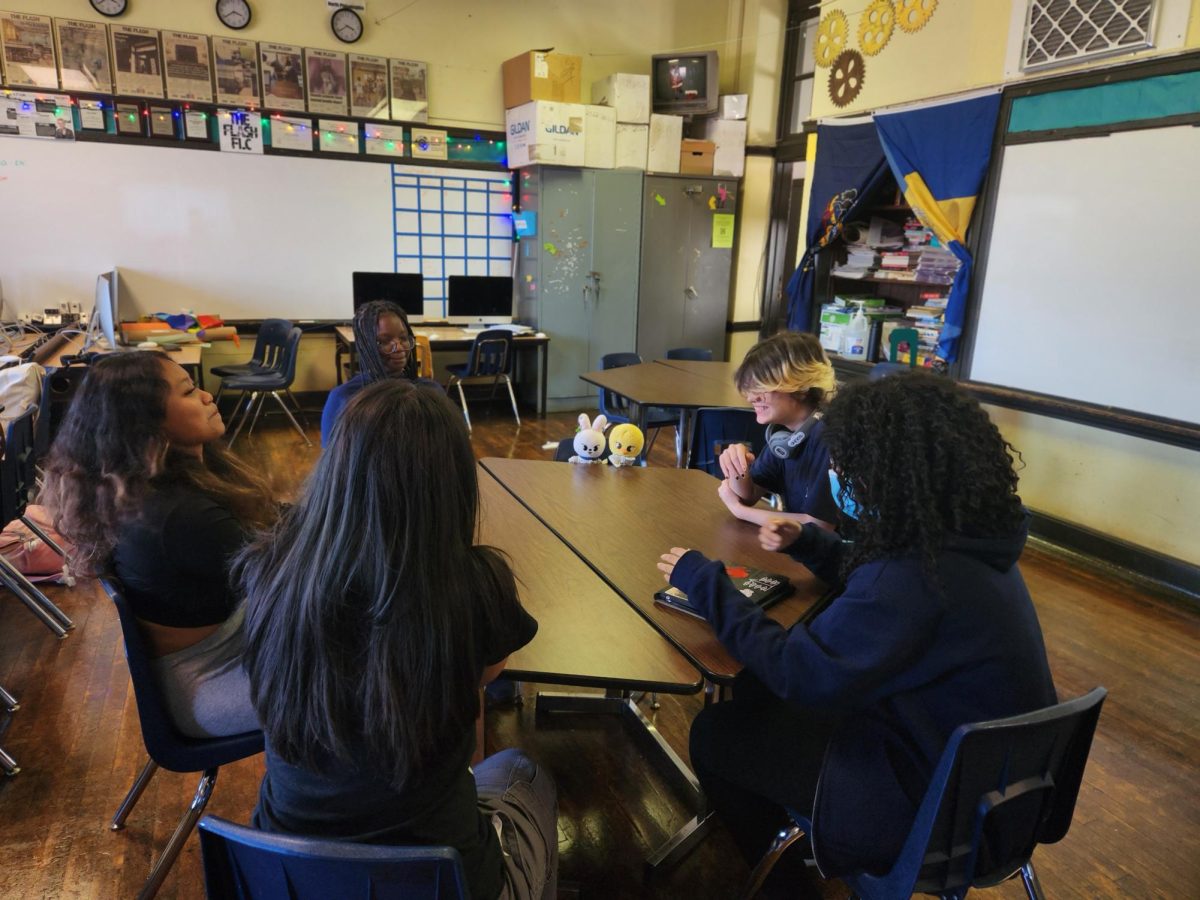A major mumps outbreak has Temple officials and students worried and ill. Mumps is a viral and contagious infection that affects the parotid glands on your face. It can spread by airborne respiratory droplets such as coughs or sneezes. Saliva, such as kissing or sharing drinks or by touching a contaminated surface. However, it can be treated with selfcare, medications, and vaccines against mumps such as the MMR and MMRV vaccines. It usually takes two to three weeks before you start to feel symptoms after becoming exposed to the virus. Mumps can spread up to seven days before and nine days after symptoms first show up. Before the vaccination process, which started in 1967, about 186,000 cases of mumps were reported per year. However, thanks to the vaccination process, the number of mumps cases drastically dropped a whopping 99%. Despite that, since 2006 there have been several outbreaks of the mumps, which occur approximately every five years. From January 2016 to June 2017, the health departments reported roughly 150 outbreaks of the mumps, and despite the efforts, the mumps came back with a vengeance.
On March 21, 2019, Temple University reported 16 cases of the mumps, and as of April 18th, there have been reportedly 155 cases of the mumps at Temple. Raymond Betzner, the Assistant Vice President at Temple University had mumps as a child, and to say the least, it wasn’t pretty. ¨I had the mumps in 1961 when I was five years old. There were no vaccines then and almost all the children in my neighborhood got sick. I was in bed for a week. It was like getting the flu, but the glands in my neck swelled for several days.¨
To combat this viral outbreak, the administration has given out free vaccinations to their students. When asked how she felt about the way Temple dealt with the outbreak Temple sophomore Alexus Underwood replied, “I felt like Temple dealt with the situation extremely poorly. Basically, all that Temple did was send out an email that said, ‘Hey, guys! We know a lot of you have the mumps. If you do have the mumps, you should probably go see the health care office on campus, and if you’re not vaccinated, you can come in and get vaccinated.’”
Underwood also noted that Temple did not cancel any classes or make any attempt to clean the building, but just carried on as normal. With this outbreak, you may wonder why they haven’t closed schools like Temple where the virus is really effective, however, according to Alexus Underwood, a student at Temple University, “Temple, in my perspective at least, tried to hide the severity of this.” Especially since they are trying to finish up school. “They can’t make up classes.” In contrast, Mr. Garrow, “The Philadelphia Department of Public Health, and the Centers for Disease Control and Prevention (CDC) don’t recommend closing a school for a mumps outbreak. This is because it takes so long between when a person catches mumps and when they start to have symptoms and can spread it. The university would have to close for nearly a month. It’s much more effective to have the folks who are in the university to stop spreading the disease by staying away from other people when they’re sick, and potentially updating their mumps. Mumps can also carry an effect on your education. Mr. Betzer states, ¨If you get sick, you’ll need to stay home for 5 days or so. You’ll lose school time and get behind in classes.¨ This can obviously have a real impact on your grades, Danny Tran’22, a student at Franklin Learning Center, said, ¨ I can’t imagine like getting the mumps right now, the timing would be horrible, especially because I would miss all of the information… and especially for Algebra 1 Keystones coming up, you would miss all of the practice.¨
FLC’s nurse, Mrs. Tracey, says that those who are infected with mumps “would have a fever, feel very tired most likely, some painful joints, and oftentimes the swelling of your parotid glands.” You can prevent yourself from getting mumps by washing your hands as often as possible, being vaccinated against this disease, and keeping distance from someone who has been in contact with it. As you can see, mumps really serious and should not be taken lightly. According to James Garrow, the spokesman for Philadelphia Department of Health, ¨while most people get mumps only feel pretty terrible for a week or so, a small number of people who get mumps can have really bad outcomes. Boys can have their testicles get inflamed and girls can have their ovaries become inflamed, and either of those could make it difficult to have children. Some people can get encephalitis or meningitis (swelling of the brain or spinal cord), while others can go deaf.¨
However all this is really helpful to prevent themselves, Mr. Betnzer stated that schools should be ¨Teaching students about the disease and helping them stay safe is the best defense.¨ Tran agreed with Mr. Betnzer and said ¨it would’ve been really helpful if the schools maybe like held like an assembly or something, just to give students a better grasp of what it is, because I never realized how like serious it is until now….it could really like have a big effect on me, and I think schools could get students more aware of this issue.




![[VIDEO] FLC 10th grade student awarded $40,000 in a BigFuture Scholarship](https://theflashflc.org/wp-content/uploads/2023/05/Screen-Shot-2023-05-02-at-4.39.10-PM-900x493.png)
![[VIDEO] Mayoral candidates campaign on student issues](https://theflashflc.org/wp-content/uploads/2023/04/IMG_1387-900x506.jpg)










